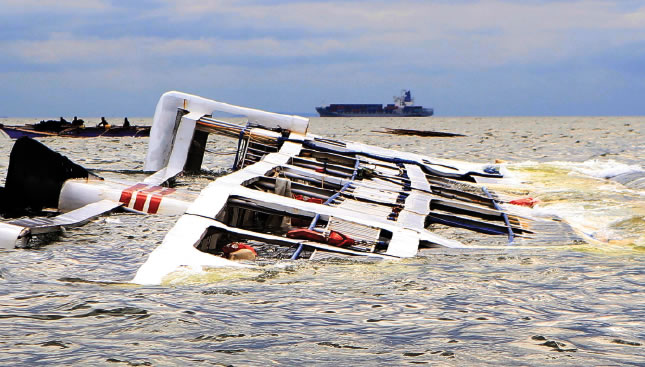On October 1, a tragic boating accident occurred in the Gbajibo community of Niger State, leading to a substantial loss of lives. The latest update from the Niger State Emergency Management Agency (NSEMA) revealed that six more bodies of victims have been recovered from the river, bringing the total number of deceased to 42. NSEMA’s Director General, Abdullahi Baba-Arah, confirmed on Friday that ongoing search and rescue operations are still in place to locate additional victims who remain unaccounted for. The recovery efforts are indicative of the extensive tragedy that has unfolded, highlighting the community’s efforts toward dealing with the fallout from this disaster.
The fateful incident involved a wooden canoe capsizing while carrying more than 300 passengers, with initial reports indicating that over 150 individuals were declared missing in the aftermath of the accident. The overcrowded boat, which mostly carried women and children, was transporting passengers from Mundi Community to participate in a Maulud celebration in Gbajibo. This cultural event attracted numerous attendees, but the unforeseen tragedy marred what was supposed to be a festive occasion, underscoring the inherent risks associated with such transportation methods in the region.
In response to the calamity, NSEMA has been actively orchestrating search and rescue operations, collaborating closely with the State Ministry of Transport, Mokwa Local Government Emergency Committee, local divers, and community volunteers. The concerted efforts of these groups aim to provide assistance and support to those affected, as well as continue the search for possible survivors among the wreckage. NSEMA has committed to keeping the public informed of any updates regarding the ongoing operations, emphasizing the need for transparency and community involvement.
The continued recovery of bodies reflects not only the profound impact of this tragic boating accident but also the urgency of addressing safety concerns associated with water transportation in the region. The high number of missing passengers has elicited widespread concern among community members and authorities alike, prompting discussions on how to prevent similar tragedies in the future. Such incidents raise critical questions about regulatory enforcement and the need for stronger safety protocols in handling overcrowded vessels that often serve as primary means of transport in rural communities.
As recovery operations proceed, the local community remains in mourning, grappling with the emotional and social consequences of the disaster. Families and friends of the victims are left to navigate the pain of loss while authorities are called to improve safety measures on waterways to avert future tragedies. There is a collective hope that lessons learned from this devastating event will lead to reforms within the transportation system to prioritize the safety of passengers, particularly when significant cultural events draw large crowds.
In conclusion, the October 1 boat crash in Niger State stands as a heartbreaking reminder of the vulnerabilities faced by communities relying on waterways for transportation. The extensive search and rescue efforts, now reflecting 42 recovered bodies, underscore the urgent need for improved safety measures in light of the tragic loss of life, particularly among women and children. As recovery operations continue and the community seeks closure, it is crucial for authorities to address the systemic issues in water transport to ensure that such tragedies never occur again.














